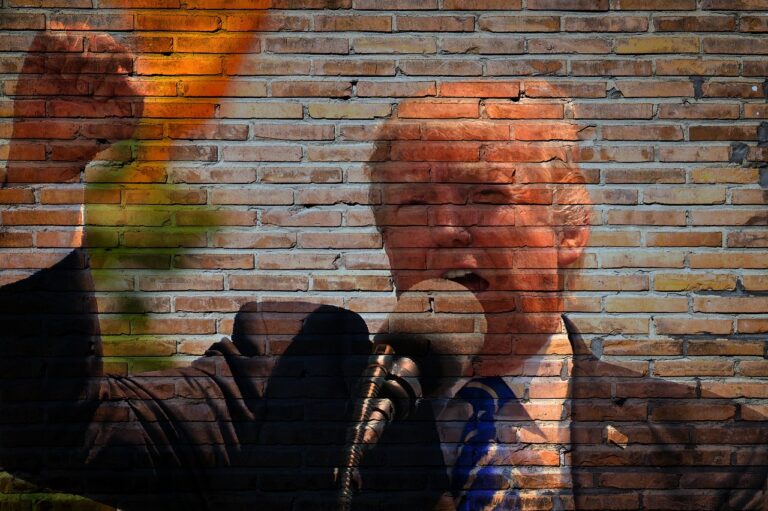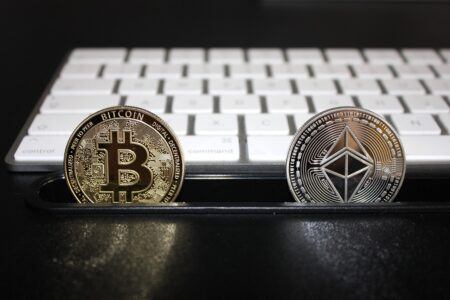In an appearance on CNBC’s “Fast Money” on July 19, 2024, Bryan Courchesne discussed the potential impact of the Trump campaign’s positive stance towards cryptocurrencies, particularly Bitcoin.
Courchesne is the founder and CEO of Digital Asset Investment Management (DAIM), a firm that focuses on providing wealth management and retirement planning services centered around digital assets and cryptocurrencies. With a background in equity derivatives and significant experience on the New York Stock Exchange, Courchesne transitioned to the digital finance sector to address the growing demand for professional management of cryptocurrency investments. Since establishing DAIM in 2018, he has worked to integrate traditional financial principles with innovative digital asset strategies, offering services such as Bitcoin 401k plans and comprehensive crypto asset management.
Courchesne began by noting that Bitcoin prices have risen this week due to increased expectations of a Trump victory in the U.S. presidential elections in November. He attributed this optimism to the anticipation of a more favorable regulatory environment for cryptocurrencies under Trump’s administration.
Courchesne explained that about a month ago, Trump met with several Bitcoin miners, where he was educated about the intricacies of blockchain technology and transaction verification. According to Courchesne, this newfound understanding led Trump to plan a speech at an upcoming industry conference in Nashville, where he is expected to advocate for smoother regulations in the crypto space. Courchesne emphasized that this move is seen as a positive step for innovation in Bitcoin and blockchain technology.
During the interview, Courchesne addressed the possibility of Bitcoin being considered as a reserve currency for the United States. He mentioned that there had been discussions on social media about this potential development. Courchesne pointed out that the U.S. Department of Justice holds approximately 200,000 units of Bitcoin, making the United States the largest holder of Bitcoin. He suggested that these holdings could be transferred to the Department of Treasury, potentially placing $13 billion worth of Bitcoin on the national balance sheet. Courchesne acknowledged that while this move would be challenging, it is within the realm of possibility.
Courchesne also discussed the implications of the Justice Department’s current role as a sporadic seller of Bitcoin. He argued that if the department shifted to a long-term holding strategy, it could positively impact Bitcoin prices by reducing market volatility. This, he suggested, would benefit the overall crypto space.
When asked about Trump’s comments on onshoring Bitcoin mining, Courchesne explained that Bitcoin mining tends to migrate to locations with the cheapest energy. He mentioned that in a pro-business environment, such as the one Trump aims to create, lowering energy costs for miners could enable them to hold more Bitcoin on their balance sheets. This reduction in available supply on open exchanges could further bolster Bitcoin prices.
Courchesne also humorously addressed Trump’s assertion that every Bitcoin minted under his presidency would be mined in the United States. While acknowledging the logistical impossibility of this claim, Courchesne emphasized that increasing domestic Bitcoin mining operations would still be beneficial for the industry.
Featured Image via Pixabay








